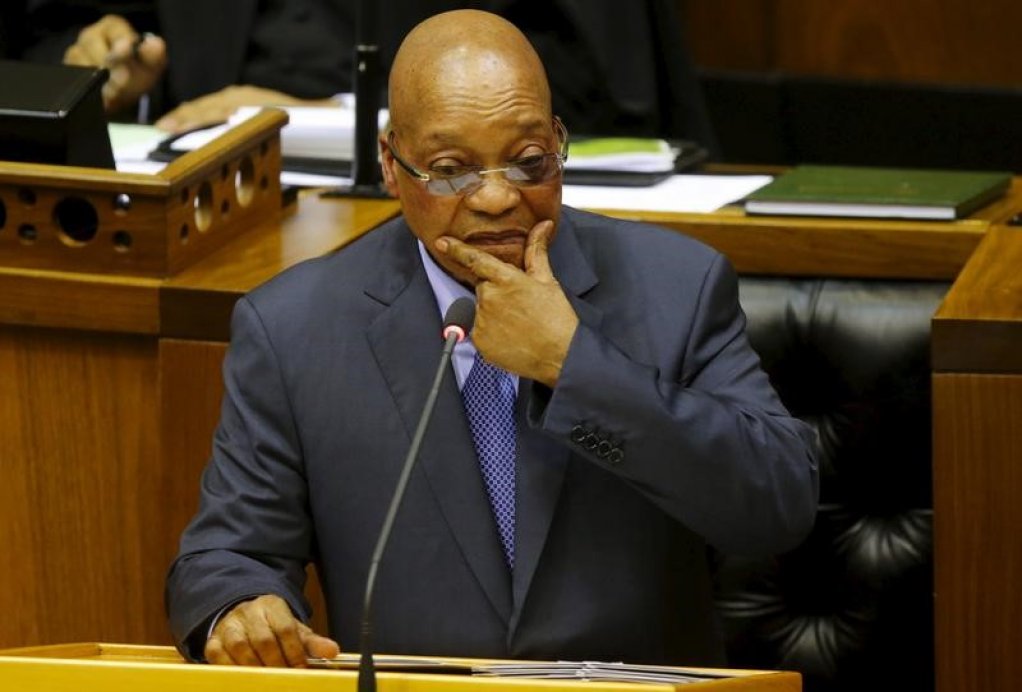/ MEDIA STATEMENT / The content on this page is not written by Polity.org.za, but is supplied by third parties. This content does not constitute news reporting by Polity.org.za.
Deputy Chief Justice Raymond Zondo expects the public hearings of the commission of inquiry into state capture, which he chairs, to resume by the end of June. Among the first group of witnesses expected is former president Jacob Zuma. Zondo addressed a virtual media briefing on Wednesday.
The commission had to suspend hearings at the beginning of the national lockdown in March. At the time, it was hearing evidence relating to Prasa and its large procurement of trains during former CEO Lucky Montana’s tenure. Asked if his legal team was expected to resume on this stream of evidence, Zondo said it was unclear where the commission would start upon resumption, but said it was expected that Zuma would appear “reasonably soon” after the return to hearings.
“We still would like him to come and give evidence.” An application for the commission to be given powers to summon Zuma is still pending.
Zondo further said that his team has had to re-focus its resources, and the strategy going forward is that priority will be given to “public protector issues”, which refer to those matters that former public protector Thuli Madonsela pointed towards in her report, the genesis of the commission. These include all issues relating to the Gupta family and the entities with which they are associated.
Under the new operational strategy, witnesses will also be expected to share only the most pertinent points of their affidavits in the public hearings, while the rest will be covered in transcripts – away from the cameras - that the legal team will prepare. In the interest of transparency, the transcripts will also be made public. This way, the public hearings will feature shorter oral evidence from more people.
“We are going to do things differently this time forward because of the time constraints, limited resources and because we want to finish the work of the commission.
“We are going to make arrangements so that the legal team can interview witnesses and transcribe the information they get from them as much as possible, which I will read to the commission before they come in.”
Although the commission’s different teams have been working in the lockdown period, at some point remotely, public hearings were suspended as they would have contravened the regulations. Zondo expressed that some of the challenges that would have emerged would have entailed witnesses or staff travelling inter-provincially, which remains prohibited, even under level three.
“Although we could not have public hearings under level five, there is a lot of work that we were able to do remotely. That is work we had to do anyway, at some stage,” he said. But this does not mean the commission will be preparing interim reports any time soon. Zondo told journalists that the commission was always supportive in principle of the idea of interim reports, but on a practical level it would not work, as in some instances some people appear in separate evidence streams, preventing the commission from finding on them in one area while continuing to investigate in another.
The recent move to level three has not eased many of the challenges, Zondo conceded, but his hope is that these will be addressed through the intervention of the justice department. He also discussed the potential challenges when he met with President Cyril Ramaphosa last Friday.
Issued by Corruption Watch
EMAIL THIS ARTICLE SAVE THIS ARTICLE ARTICLE ENQUIRY
To subscribe email subscriptions@creamermedia.co.za or click here
To advertise email advertising@creamermedia.co.za or click here











